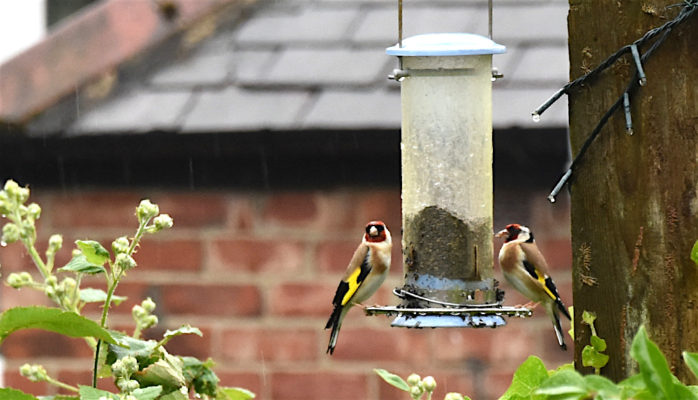Household Pairing Scheme
PLEASE NOTE – This guidance is now out of date.
New Government scheme aims to combat loneliness among single parents and those living alone.
Those living alone and many single parents can now meet others in their own homes as part of a new pairing scheme, under ‘lockdown’ relaxations announced in updated Government guidance.
Under the new advice, effective from 13 June, two types of people benefit.
- people who live alone
- single parents living alone with “dependent” children, all of whom must be under 18
They are now able to meet with those living in another similar ‘household’, visit each other’s homes and stay overnight, without social distancing.
Single parents can form support bubbles with another similar household simply for the purpose of organising unpaid childcare.
The move will potentially benefit hundreds of people in Arthur’s Hill and Wingrove wards, which have high proportion of single adult households.
The new guidance allows close physical contact with one other household (of any size) only. Both households must fit into the categories above. Anyone outside this exclusive ‘support bubble’ of two households must continue 2m distancing. Single people with live-in carers are able to count everyone in that one household as a qualifying household and can form a bubble with a ‘single adult household’.
“We recognise how difficult this time has been, particularly on lonely and isolated people, and this change is designed to provide extra support to some of those most impacted by the current social restriction” says the guidance. “It is a targeted intervention”.
“Support bubbles are a cautious step to help people who may be lonely and therefore at greatest risk of isolation.”
People forming a support bubble will still be able to meet up to six others not living in their households, but must do so outdoors and must maintain 2m social distancing.
Once a bubble has been formed, there should be no change to who is in the bubble. If someone in the bubble shows Covid-19 symptoms, everyone in the bubble must stay at home for 14 days.
Those not in a support bubble are still not allowed to meet in other people’s homes. “That remains against the law”, says the guidance.
Those working in ‘frontline’ healthcare in the NHS or care sector, the ‘clinically vulnerable’ or anyone working in situations with a potentially higher exposure to those with coronavirus “should take particular care when deciding whether to form a support bubble and who with” and try to minimise contact with others.
New guidance for those defined as ‘extremely clinically vulnerable’ is expected this week.
“Unfortunately, we cannot advise anyone who is shielding to form a support bubble at this stage. However, we know how hard it is for people who are shielding and have been keeping this advice under close review. We will be setting out further advice for this specific group … now that the peak of the pandemic is past.”
The full current guidance is available through this link.

